The Inception and Rise of Fairgrounds Square Mall
The Opening Salvo in Retail Evolution
In the heart of Muhlenberg Township, near Reading, Pennsylvania, October 1980 marked a significant milestone in the retail landscape with the opening of Fairgrounds Square Mall.
Developed by Interstate Properties and brought to life by F&S Construction, this shopping haven emerged as a beacon of commerce and leisure.
Its strategic location at N. 5th St. Highway, a site previously graced by the Reading Fairgrounds Speedway, added a historical charm to its modern retail offering.
[wbcr_snippet]: PHP snippets error (not passed the snippet ID)Anchoring Success with Key Stores
Fairgrounds Square Mall initially boasted two major anchors that drew crowds: Boscov’s and JCPenney.
Boscov’s, a name synonymous with quality retail in Pennsylvania, had already been a standalone store adjacent to the speedway since August 1965, making its transition to a mall anchor a natural progression.
JCPenney, another retail giant, complemented Boscov’s, creating a robust shopping experience.
This combination of anchors was a commercial strategy and a statement of the mall’s commitment to providing diverse shopping options.
Expansion and Diversification
The late 1980s saw the mall embrace expansion, which broadened its appeal and capacity.
In 1988, several new stores, including the popular Phar-Mor, joined the mall’s lineup, enhancing the variety of shopping experiences available to visitors.
This expansion was more than an increase in size; it represented the mall’s adaptation to the evolving needs of its customers and the ever-changing retail environment.
The mall’s ability to attract many stores underscored its significance in the region’s retail sector.
The Challenges and Transformation in the 2000s
The Turn of the Century: A Time of Change
As the new millennium dawned, Fairgrounds Square Mall faced a period of significant transformation.
The later 2000s were marked by a notable shift in the mall’s tenant composition. National Wholesale Liquidators made its debut, bringing a variety of discount goods to the shopping complex.
This period also saw the opening of Jason’s Furniture Outlet, a store that catered to the growing demand for affordable home furnishings.
These changes reflected the mall’s ongoing efforts to adapt to the evolving retail trends and consumer preferences.
Arrival of Burlington Coat Factory
In 2005, a major development occurred with the arrival of Burlington Coat Factory. This well-known retailer, specializing in a vast selection of apparel and home goods, added a new dimension to the mall’s offerings.
Burlington’s presence diversified the shopping options and attracted a broader customer base. The addition of this anchor store was a strategic move aimed at revitalizing the mall’s appeal in a competitive retail market.
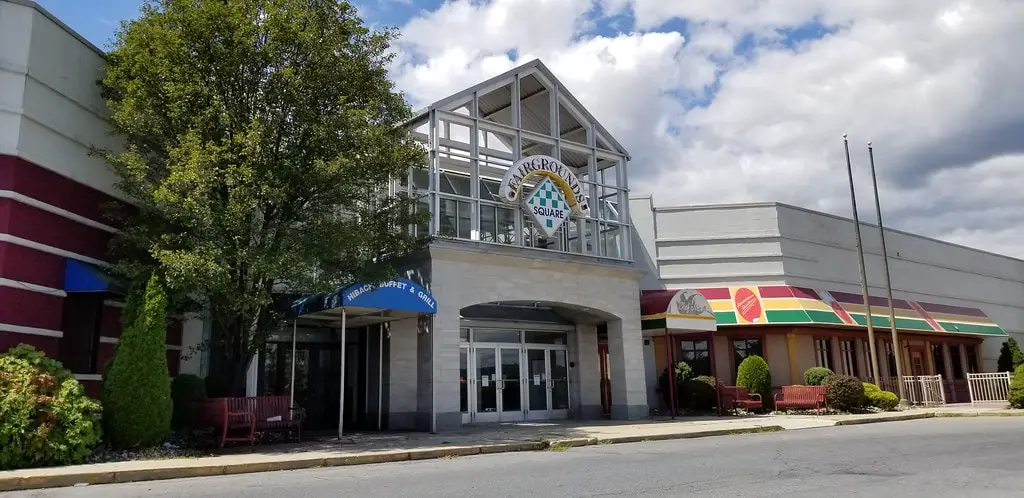
Financial Struggles and Ownership Shifts
Despite these additions, the mall grappled with financial challenges. The early 2000s were tough times for many brick-and-mortar retail establishments, and Fairgrounds Square Mall was no exception.
The struggle culminated in the mall’s owner, GP-Fairgrounds Square LP, defaulting on its mortgage.
This financial setback led to a change in ownership when the mall was sold to BNY Mellon for $13.6 million at a U.S. Marshals auction on March 7, 2013.
This sale marked a pivotal moment in the mall’s history, signaling a new chapter under different stewardship.
Hull Property Group and the Mall’s Final Chapter
A New Era Begins with Hull Property Group
In 2016, a significant shift occurred in the narrative of Fairgrounds Square Mall with the acquisition by Hull Property Group.
This Augusta, Georgia-based company purchased the struggling mall for $1.16 million, signaling a new era of ownership and potential revitalization.
Hull Property Group, known for its expertise in reviving underperforming malls, brought hope to the fading shopping center.
Their ambitious plans were to reinvigorate the mall and restore its status as a key retail destination in Reading, PA.
The Decline in Tenants and Eventual Closure
Despite Hull Property Group’s efforts, the mall continued to face challenges. The number of tenants steadily declined, reflecting the broader struggles of brick-and-mortar retail in an increasingly digital world. Key stores began to close their doors, and foot traffic diminished.
This downward spiral culminated in a critical decision: on April 30, 2018, the interior of Fairgrounds Square Mall was closed. This closure marked the end of an era for a once-thriving retail hub.
The mall peaked at 75 stores, leaving a mere handful of businesses clinging to its periphery.
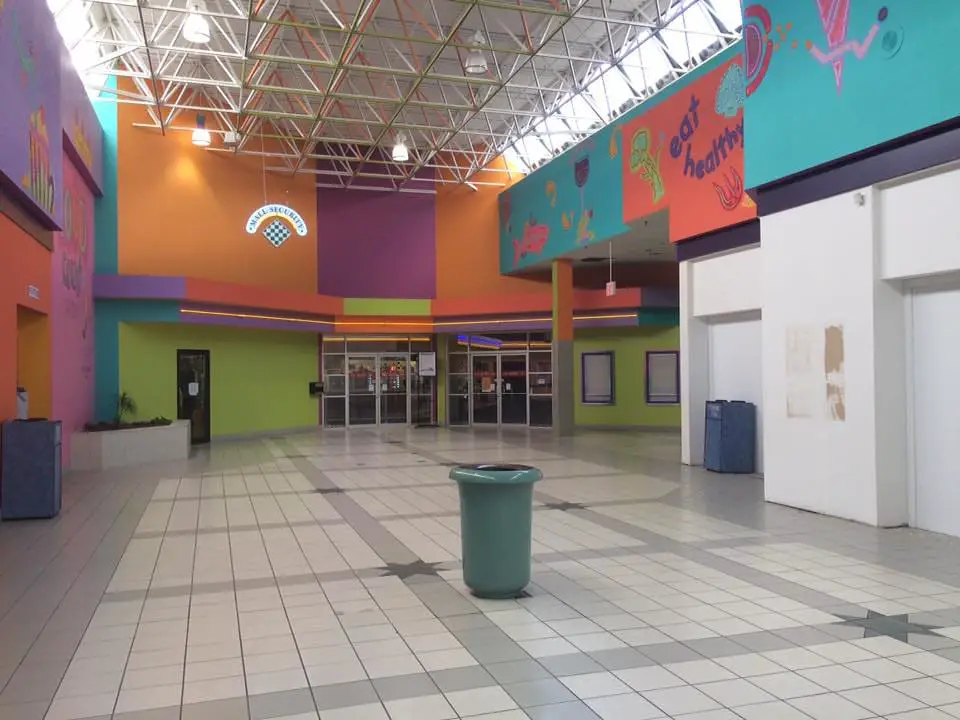
Life After Closure: Remaining Stores and Uncertain Future
A few resilient stores continued to operate post-closure, accessible from outside the mall.
Boscov’s and Burlington Coat Factory, the enduring anchors, remained open, along with a few others like AMC Classic, Super Shoes, and Planet Fitness.
Operating in the shadow of the mall’s former glory, these stores were reminders of what they once were.
The site’s future remained uncertain, with Hull Property Group exploring various redevelopment options.
Redevelopment Plans and the Community’s Response
Envisioning a New Future: Hull’s Redevelopment Plans
After closing Fairgrounds Square Mall’s interior, Hull Property Group unveiled ambitious plans to breathe new life into the site.
In 2018, they presented a comprehensive redevelopment proposal, envisioning a transformation beyond traditional retail.
The project included demolishing a significant portion of the mall for a new retail strip, a hotel, a restaurant, and a community of townhomes.
This vision aimed to create a mixed-use space that would cater to the evolving needs and lifestyles of the Muhlenberg Township community.
Facing Challenges and Setbacks
However, the path to redevelopment was fraught with challenges. One of the major hurdles was taxation issues with Muhlenberg Township, which delayed the project’s progress.
The township’s decision to deny a tax incentive in May 2019 significantly blew Hull’s plans. As a result, the company was forced to withdraw its initial redevelopment proposal.
This setback highlighted the complexities involved in large-scale redevelopment projects, especially when balancing the interests of property owners, local governments, and the community.
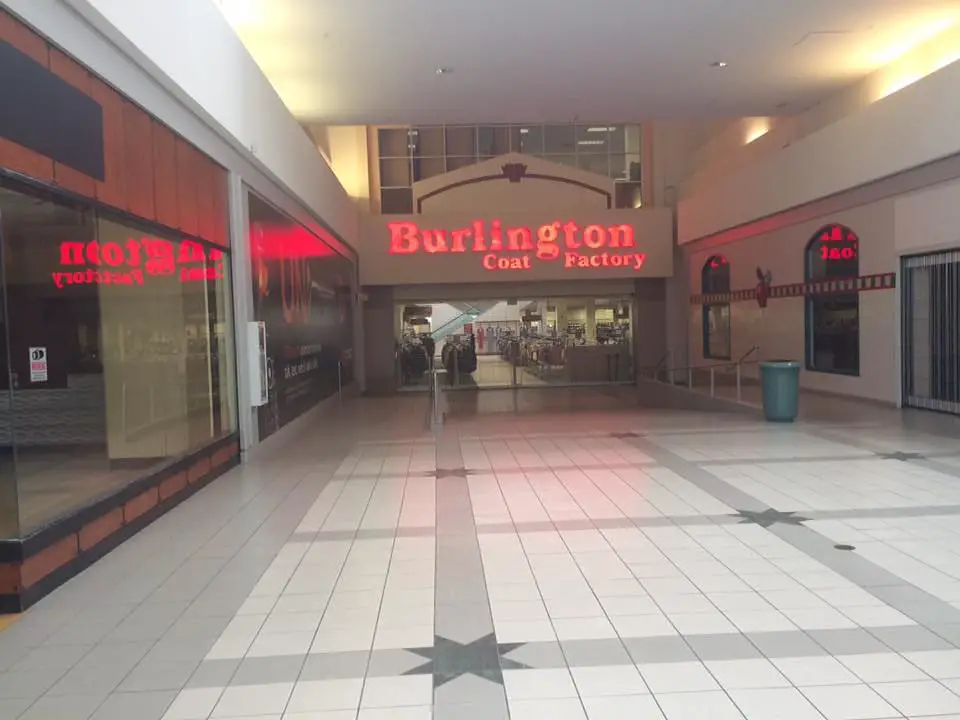
The Community’s Perspective and Future Hopes
The community’s reaction to the redevelopment plans and subsequent delays was mixed.
While some residents were excited about the potential transformation and the new amenities it could bring, others were skeptical or concerned about the impact on the local landscape and economy.
While open to future proposals, Muhlenberg Township officials emphasized the need for concrete and detailed plans.
The future of the Fairgrounds Square Mall site remained a topic of keen interest and speculation within the community, with many holding onto hope for a revitalization that would once again make the area a bustling hub of activity.
The Transformation of Fairgrounds Square Mall Site
The Demolition Process: A Symbolic End
The physical transformation of Fairgrounds Square Mall began in earnest in March 2020, marking a significant chapter in its history.
The demolition, a major phase of Hull Property Group’s redevelopment plan, was executed to make way for new possibilities.
This process involved tearing down a substantial portion of the mall, symbolically closing the final chapter of the mall’s past as a retail center.
The demolition was not just a physical act but also a metaphor for the end of an era and the beginning of a new phase in the life of this iconic location.
Emergence of Greenspace and Infrastructure Changes
Following the demolition, the landscape of the site underwent a remarkable transformation. Where once stood a bustling mall, a new greenspace emerged, offering a fresh aesthetic to the area.
This greenspace was complemented by fresh pavement and a new roadway connecting the remaining structures: Boscov’s, Burlington, and the AMC Theatres.
These changes were more than cosmetic; they represented a shift towards a more open and accessible space, aligning with contemporary urban design trends emphasizing greenery and pedestrian-friendly environments.
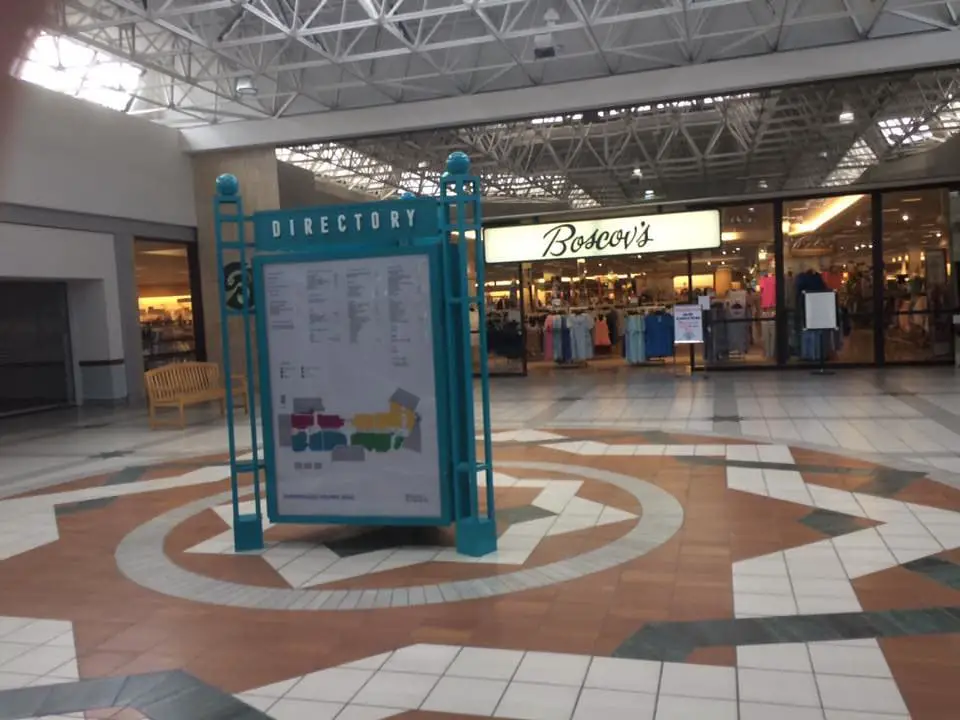
Ongoing Efforts and Future Prospects
Despite the completion of the demolition phase, the future of the Fairgrounds Square Mall site remained in a state of flux.
Hull Property Group continued to explore options for attracting new tenants and developing the site further.
The vision for the area included potential retail offerings, but the specifics remained uncertain.
The company’s efforts to revitalize this once-thriving retail hub were ongoing, transforming it into a space that meets the current and future needs of the Muhlenberg Township community.
Reflecting on Fairgrounds Square Mall’s Legacy
The Mall’s Role in the Local Economy and Community
Since its inception in 1980, Fairgrounds Square Mall has played a significant role in the local economy and community of Reading, PA.
At its peak, the mall housed 75 stores, serving as a bustling center for shopping, socializing, and entertainment.
It was more than a retail space; it was a community landmark where people gathered, creating memories and experiences.
The mall’s presence boosted local employment, providing jobs and opportunities for many in Muhlenberg Township and beyond.
Its impact on the local economy was tangible, as it attracted shoppers from various parts of Berks County and served as a catalyst for nearby businesses.
Lessons from the Mall’s Lifecycle
The rise and fall of Fairgrounds Square Mall offer valuable lessons about the retail industry’s evolution.
The mall’s initial success highlighted the importance of location, variety, and the ability to adapt to changing consumer trends.
However, its decline mirrored the challenges many traditional malls face in the digital commerce age.
The story of Fairgrounds Square Mall is a reminder of the need for constant innovation and adaptation in the face of shifting market dynamics and consumer preferences.
It also underscores the impact of economic and technological changes on brick-and-mortar retail spaces.
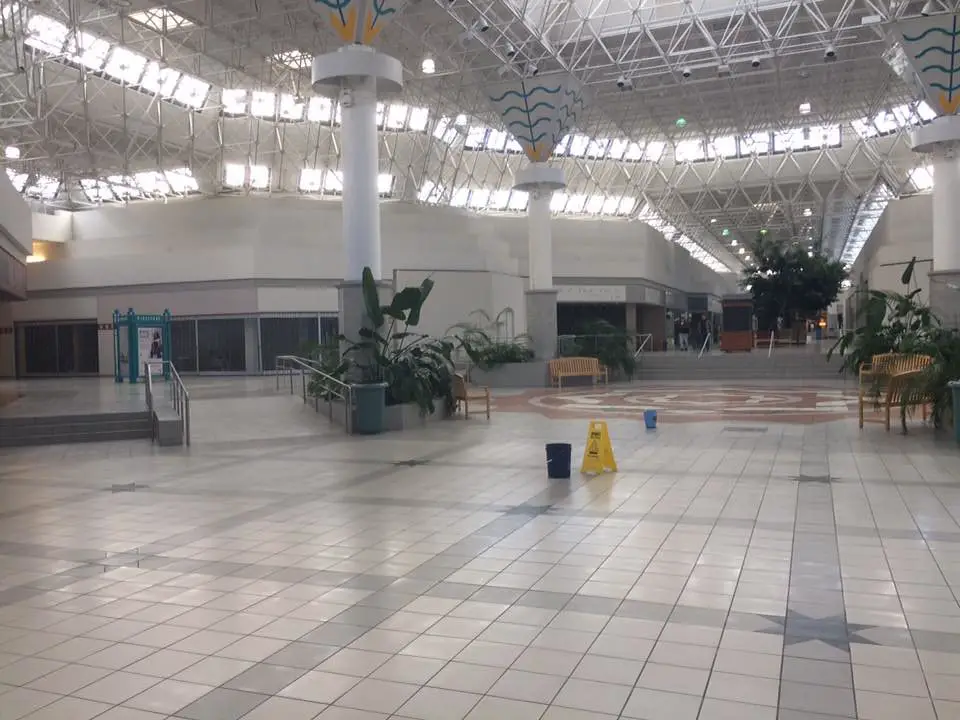
Fairgrounds Square Mall in Local Memory
Fairgrounds Square Mall remains integral to Reading’s history even after its closure.
For many locals, the mall is remembered fondly as a place of youth, family outings, and holiday shopping. It holds a special place in the hearts of those who grew up visiting its stores and corridors.
The mall’s story reflects the community’s growth and changes over the decades. As the site transforms, the memories of Fairgrounds Square Mall continue to resonate with those who experienced its heyday, making it a lasting symbol of a bygone era in Reading, PA.

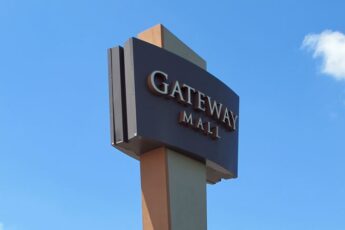
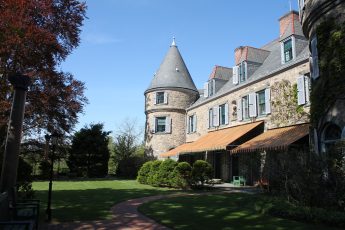
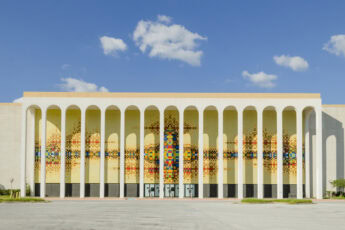
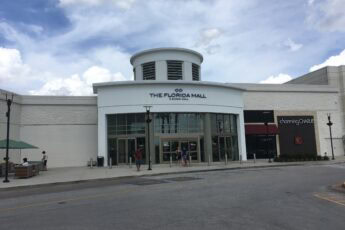
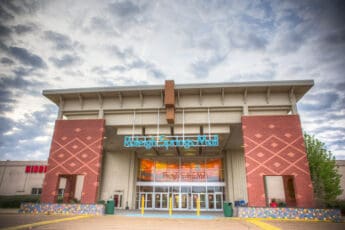
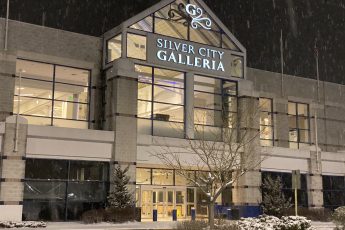
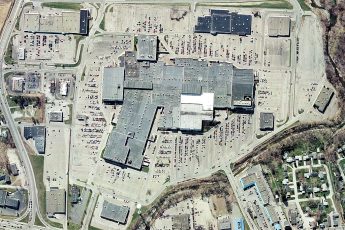
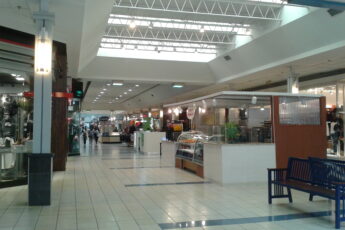
put in a discounted jeans store. need a place like was at vanity fair. a shoe store people can afford..
I agree with the need for more budget-friendly shopping choices, especially for jeans and shoes. It’s a practical suggestion for the mall.